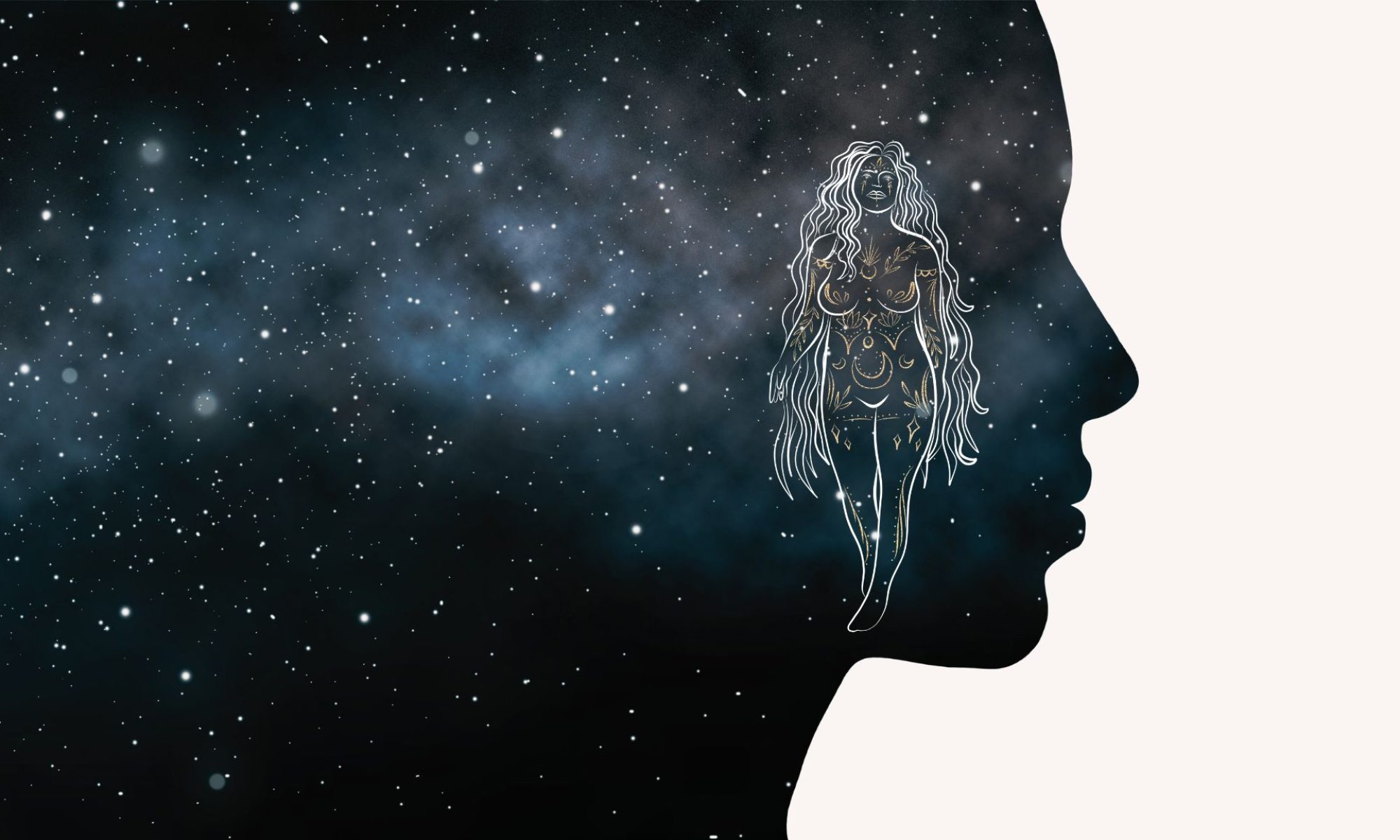Remember Eat, Pray, Love? Remember how we all ran to the bookstore after seeing Elizabeth Gilbert on Oprah, bought and devoured her book? (okay some waited for the movie with Julia Roberts). The story was a woman’s search for herself after a horrible divorce. How she did it? She hopped on a plane, ate herself silly in Italy, went deep within in India and found love again in Bally! And then she wrote her next book Committed, A skeptic makes peace with marriage. Well we didn’t hear much about that one. Most, including myself, only made it half way through the book. Does she make peace by the end of the book? Honestly…. someone will have to let me know! The marriage picture historically and across cultures was so depressing that I had to put the book down!
 Read the chapter on Juno in Demetra George’s, Asteroid Goddesses and you have a similar experience. The asteroid Juno in one’s chart show’s how, where and with whom we are likely to show our commitment within relationship and our style of relatedness. However in Greek Mythology, Juno, who was the wife of Jupiter, though committed, never attained the relatedness she so desired. One account of their marriage tells of a rape and resultant guilt of Juno (or Hera) as the reason for the marriage, and another tells of a forced marriage. Curiously, in pre-Greek (Pre-Hellenic) times, the Goddess Juno (Hera) ruled alone and had no consort (or spouse). At that time she was called Three Moon Goddess. More on Three Moon Goddess in future posts… but for now we can note that somewhere between between Egyptian times and Greek times, a great female wound occurred in commitment and relatedness.
Read the chapter on Juno in Demetra George’s, Asteroid Goddesses and you have a similar experience. The asteroid Juno in one’s chart show’s how, where and with whom we are likely to show our commitment within relationship and our style of relatedness. However in Greek Mythology, Juno, who was the wife of Jupiter, though committed, never attained the relatedness she so desired. One account of their marriage tells of a rape and resultant guilt of Juno (or Hera) as the reason for the marriage, and another tells of a forced marriage. Curiously, in pre-Greek (Pre-Hellenic) times, the Goddess Juno (Hera) ruled alone and had no consort (or spouse). At that time she was called Three Moon Goddess. More on Three Moon Goddess in future posts… but for now we can note that somewhere between between Egyptian times and Greek times, a great female wound occurred in commitment and relatedness.
Though Astrology was developed in many cultures and across time, it was the Greeks who brought it to the form it is currently in. This is why all of the planets are named after Greek gods and goddesses. Before Greek times, the constellation of Libra, which describes relationships and marriage, didn’t exist. Libra was a part of Scorpio; the tail end of it. The Greeks created Libra, and the 7th house during the rise of patriarchy. This she is told in Libra, she cannot do unless she signs a contract. And in the marriage contract (the 7th house also rules business contracts and other partnerships) the contract is steeped in the patriarchal history of marriage.
I hope you are not depressed by all of this because thankfully, this is a wound that is healing. It is my feeling that we are are in a time where relationships are finding a deeper connection and deeper purpose. There are whole sections of bookstores, programs, talk show and so on that are making sure of that. Astrologically, there are many who have Juno and the principles of relatedness well integrated in their birth charts and then there are those who struggle. And as women in this day and time we have been able to step into our power both economically and to a power within ourselves. As a result relationships have been forced to develop away from marriage as a contract in law, were women are regarded as property etc to marriage as soul contract, which has the potential to really transform the self and the world. I see this as Scorpio reclaiming and reattaching it’s Libra tail. As we are in the midst of this transition, finding out where Juno is in your chart and what aspects she makes will tell you lot’s about your own style of commitment and relating and quickly give you hints on how to heal.
Tools that will help Juno on her path: Check out the Goddess Report on my website www.threemoongoddess.com. There are many books and programs that are fantastic in helping to heal Juno, but some of my favorites are, Marianne Williamson’s book Enchanted Love, Katherine Woodward Thomas’s book Calling in the One and 7 week program. Also helpful is the crystal, rose quartz.
When Juno is in her flow her gifts are: loyalty, steadfastness and the willingness to work it out (separate and return within relationship).
Note: Maybe you do not resonate with the Greek names of the Goddess Energy… One of my goals in explore the feminine in Astrology, is also to explore what names, goddesses, archetypes in other cultures and times describe the same energy… more on that in later posts!


